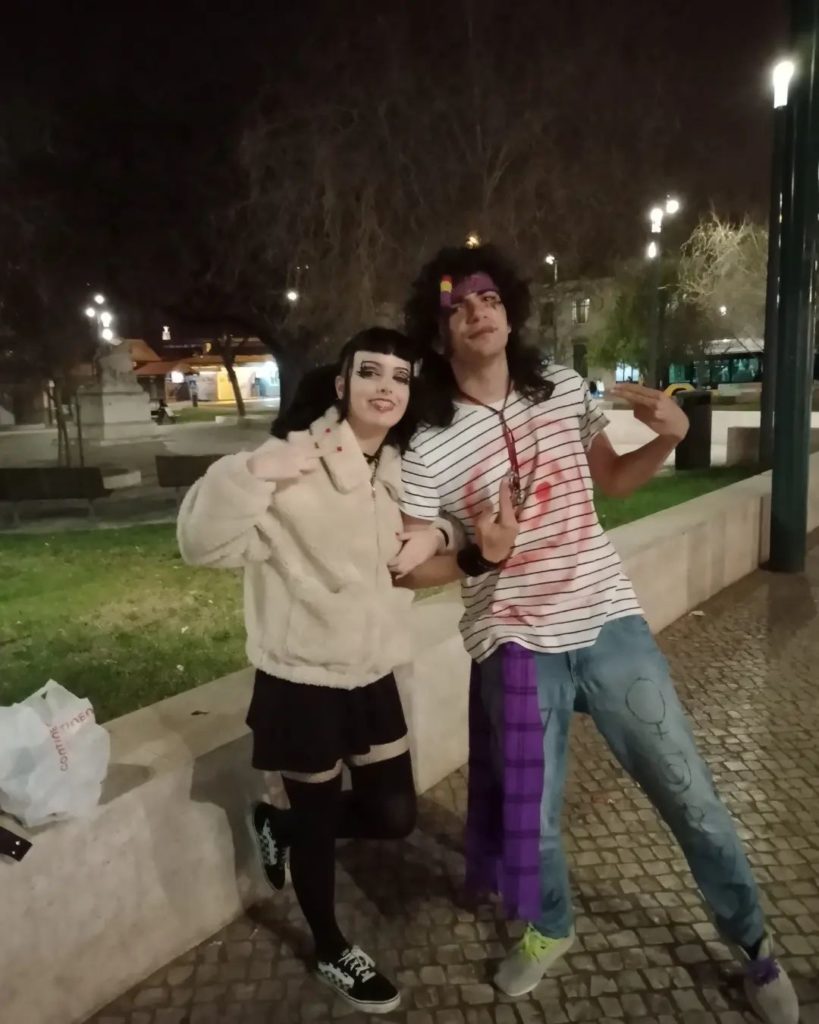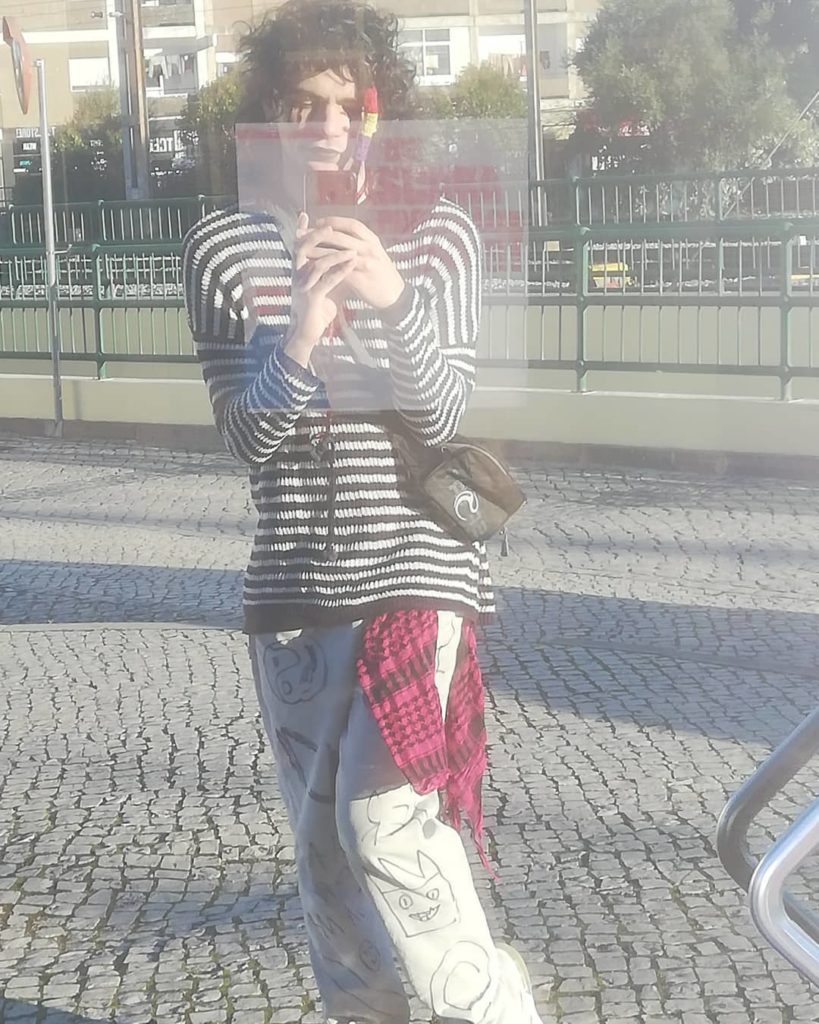An autistic and transgender teenager from Portugal, Luna, was hospitalized by force and is now given anti-psychotic drugs to keep her compliant. This is the story about how the medical establishment can force young autistic and transgender people back into the closet.

How to interpret what you see
When the Portuguese medical system met Luna, they had to make sense of many different observations, inlcluding the following:
- She said she was transgender.
- There were reports of aggression against her parents.
- Luna had seen a psychologist for Asperger (a milder form of autism) and had been given psycho-pharmaca at the early age of 9.
If you are a sexologist specializing in transgender identities, the immediate question becomes:
“Is the friction between Luna and her parents caused by her being transgender? Are her parents hostile to her gender identity, and is this hostility causing Luna’s frustration?”
If you are a conservative psychiatrist with little knowledge of gender identity issues, the starting point becomes a different one:
“Is this asocial and aggressive behavior a sign of a deeper mental illness that is also causing a transgender delusion?”
The “facts” are the same, the diagnoses dramatically different.
The doctor at the hospital Luna was later committed to seems to dismiss Luna’s transgender identity. Luna says:
“Doc once said to my mother something like ‘I’m not really qualified to make such statement, but to me it seems that Luna is not transgender, because she understood herself very late.’ As if all transgender people know for sure that they are transgender from early childhood.”
“Late onset gender dysphoria” is recognized by transgender experts worldwide, as well as by the main medical manuals. Moreover, recognizing your own transgender nature at the age of 16 is not particularly late.

Hospitalized
Luna did not get the hormones she had asked for. Although she has come of age and is legally an adult, her parents thought it made sense to have her hospitalized in a psychiatric institution instead.
She says:
“But all those psychiatrists from the hospital signed my ‘treatment’ without even talking to me! Ain’t that f*cked up beyond belief?”
The doctor gave her Xeplion, an antipsychotic drug primarily used for schizophrenia and schizoaffective disorder. The drug has some serious side effects, the main one in Luna’s case being a numbing down of feelings.
Catch 22
Luna went to court to force the hospital to stop the treatment in November last year, but the judge sided with the hospital. We suspect this reflects a common practice in both Portugal and other countries. A judge normally knows little or nothing about psychology and psychiatry and will have to trust in what “the experts” tell him or her.
Luna finds it hard to talk in public settings like this one. She was not able to defend herself.
So, what is the problem?
It is still somewhat unclear to us what the doctor’s diagnosis was when Luna met the judge (as we have not had access to all of the medical journals). The paper we have seen from the hospital – and which were given to the judge – shows a diagnosis of Asperger (a mild form of autism).
However, the treatment suggested fits psychosis caused by schizophrenia, and Luna also tells us that she has been diagnosed as schizoid.
In a letter sent to the Portuguese court handling Luna’s complaint, however, Dr. Sofia Brissos, the appointed Medical Expert, argues that Luna has “serious psychological anomalies”, but she does not mention schizophrenia or psychosis.
This year, however, Luna got a new doctor at the hospital, and she changed the diagnosis to schizoid personality disorder, according to our information. It is as if they have finally changed the diagnosis to one that fit the medication, but not – unfortunately – the symptoms or the lived life of Luna. They are stil not giving her any help for gender dysphoria or autism.

Missed opportunities
The leading doctors have not offered Luna other forms of therapy, not even talk therapy. They have not contacted experts on autism, who might have helped Luna handle her aggression in a different way. The doctor has not asked experts on gender variance for help.
The first doctor described symptoms that are known in patients with autism, like “deficient non-verbal communication”, “obsession with very specific topics” and, as they say, “in this case, on issues related to gender identity”. These interests and symptoms are referred to as “esoteric or even bizarre.” Being transgender is “bizarre”.
The hospital eventually let her out, and for a long time the hospital forced her to take 150mg Haldol per month. Haldol is another antipsychotic drug. It is interesting to note that one of Haldol’s more common side effects are unusual thoughts or behavior, agitation, sudden mood changes, and hallucinations. Since then Luna has been hospitalized again, before being let out. The forced medication continues.
The treatment Luna has been given violates the EU Convention on Human Rights and Biomedicine and the Portuguese Charter of the Rights and Duties of Patients. The treatment is also in violation of the Portuguese Law of Mental Health, especially as regards the duty to inform and consult patients in a meaningful manner.